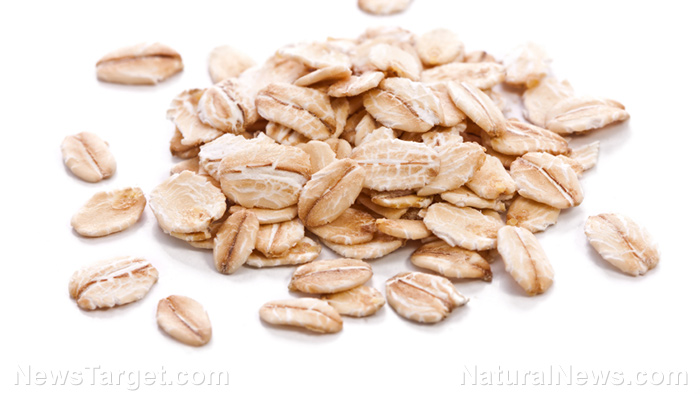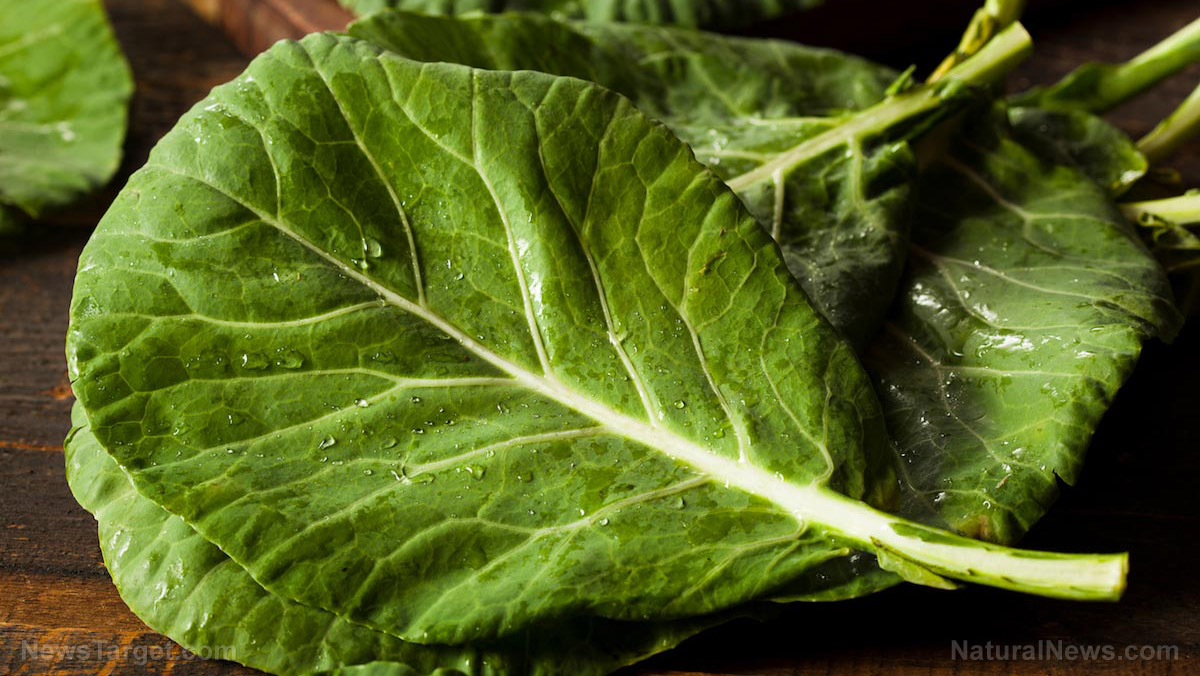Irrefutable evidence that garlic is good for you
03/25/2019 / By Edsel Cook

Garlic has seen long and common use as a natural means of alleviating various diseases around the world. Modern science offer a multitude of proof that this herb can indeed stop oxidative stress, prevent inflammation, kill pathogenic microbes, and even stop the growth and spread of cancer cells.
This relative of the onion supports your health in many ways. First off, consuming garlic benefits the heart. It reduces the risk of atherosclerosis, heart attacks, strokes, and other cardiovascular diseases.
Researchers at the University of Alabama at Birmingham (UAB) reported in a 2007 paper that eating garlic increases the levels of hydrogen sulfide in the body. Hydrogen sulfide cleans up toxic free radicals and improves circulation by increasing the dilation of blood vessels, which helps prevent the onset of heart disease.
Second, garlic naturally alleviates the various health disorders that make up metabolic syndrome. In 2017, a C. U. Shah Medical College (CUSMC) study showed that it greatly improved many factors associated with both individual disorders and the syndrome itself. After eating crushed raw garlic, participants in the study showed much better fasting blood sugar, thinner waistlines, a reduction in bad cholesterol and a concurrent increase in good cholesterol, as well as healthier blood pressure. The ill effects of metabolic syndrome were reduced. (Related: What you should know before you decide to eat raw garlic.)
Garlic reduces the risk of various cancers and osteoarthritis
Eating large amounts of garlic, and its relatives in the Allium family, can greatly reduce the chances of tumorous growths appearing in your stomach. The 2011 meta-review by the National Heart, Lung, and Blood Institute (NHLBI) identified chives, leeks, and onions as other contenders for fighting cancer.
Garlic can also protect other parts of the body from developing cancer. Various studies have identified the brain, esophagus, lung, and prostate as organs that benefit from the food’s anti-cancer properties.
Allium vegetables also help prevent osteoarthritis in women. A 2010 study by researchers at King’s College London (KGL) found that female participants who ate garlic and its relatives showed far less susceptibility to developing the condition in their hips. The KGL researchers attributed this anti-osteoarthritis effect to diallyl disulphide in garlic. Diallyl disulphide inhibits the activity of enzymes that break down the structural matrix of skeletal bones.
Avoid diabetes by enjoying crushed raw garlic
A diet high in garlic also benefits people who suffer from diabetes. A 2017 review of nine randomized controlled trials investigated people with Type 2 diabetes who consumed different amounts of garlic, both natural and supplemental. The Fifth Affiliated Hospital of Sun Yat-sen University researchers administered garlic supplements of different doses to the participants. The supplements were rich in allicin, a natural compound that is found in high amounts in garlic. They reported that diabetic patients who took the garlic supplements displayed considerable improvements in the biomarkers of their disease. This included blood sugar levels, which is also linked to metabolic diseases.
In addition to these five major health benefits, garlic can provide many other forms of nutritional support. It can increase the safety of preterm deliveries, stop alcohol from damaging the liver, and prevent the common cold.
You can get all of these benefits by eating a pair of medium-sized cloves every day. Garlic is easy enough to add to most dishes. You can also consume aged garlic extract, tinctures, or supplements.
For best results, consume raw garlic. It loses much of its potency once it gets heated. If you have to cook it, make sure to break the cloves into smaller pieces 10 minutes ahead of cooking time. Chopping, cutting, or crushing garlic activates enzymes that increase its healthy effects, enough to survive exposure to heat.
Sources include:
NCBI.NLM.NIH.gov [PDF]
Tagged Under: allicin, anti-diabetes, anti-osteoarthritis, antioxidant, food is medicine, food science, functional food, garlic, grocery cures, healing food, natural antibiotics, natural cures, natural medicine, prevention, research, Type 2 Diabetes


















